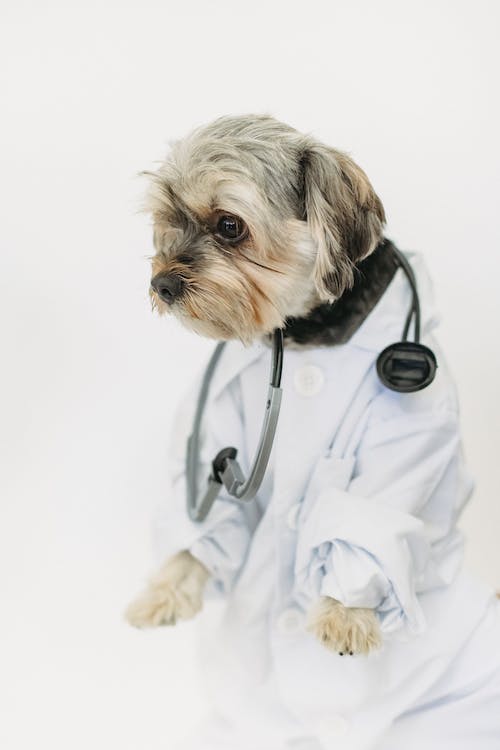Please create a free account, or login by clicking here.
Petland Albuquerque, NM
November 14, 2022
Dogs have helped humans out over hundreds of years. From rescuing people, to tracking missing persons, to detecting bombs, to herding sheep. One of the most amazing abilities that dogs are also known for is their ability to detect certain types of cancers in people. Recent studies have confirmed that certain trained dogs may be able to detect cancer in people about 40% of the time. Although this is very far from being perfected, it does go to show just how amazing dogs are.

Dogs have an incredible sense of smell. Our fur-legged friends have up to 300 million olfactory receptors in their nose. To compare, the average person only has about six million olfactory receptors, making a dog’s nose forty times more sensitive than our noses! This is why dogs are commonly used in search and rescue missions, as they can trace a human scent for miles. When a dog smells, it actually smells in 3D. Their nose has been an amazing tool for their survival for thousands of years and continues to be their number one sense.
Untrained dogs do not have the ability to recognize cancer. Dogs that have this ability require a lot of training and testing. Currently, dogs that are trained to detect cancer are only being trained in a trial process. There is still much more research that needs to be completed before dogs can be used as a medically reliable detection source.
It is very unlikely that a dog will be used as the only way to detect cancer, especially with all of the modern technology that exists today. It has not been fully determined whether dogs can be reliably trained to smell cancer at this point in time. At least not on a consistent basis. Proving that this method of cancer detection is accurate enough to use very well could be many years away, if ever. Even if we do reach the point where a dog can accurately detect cancer, it would be very difficult to train a dog to communicate what they have smelled without further testing being administered.
Although this type of cancer detection is a long way from being fully trusted, it is just another example at how amazing dogs are. Hopefully one day our fur-legged friends will be able to detect diseased as well as they currently assist humans in various other things.